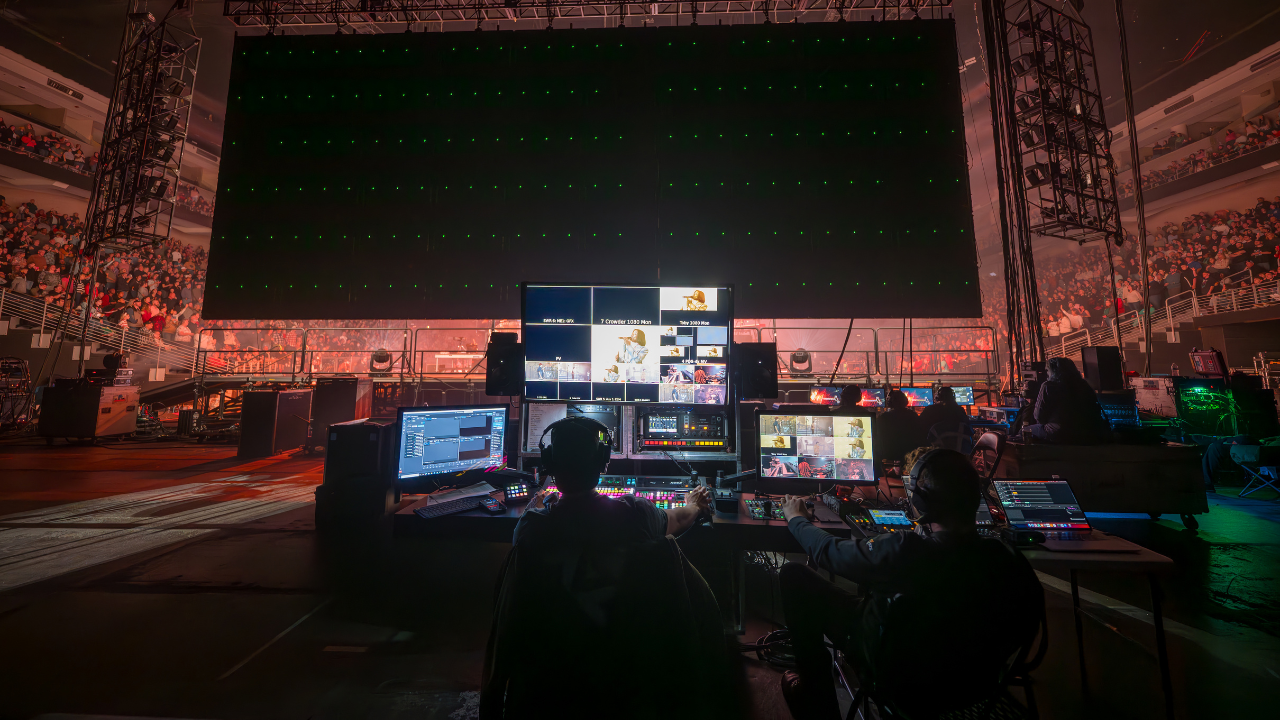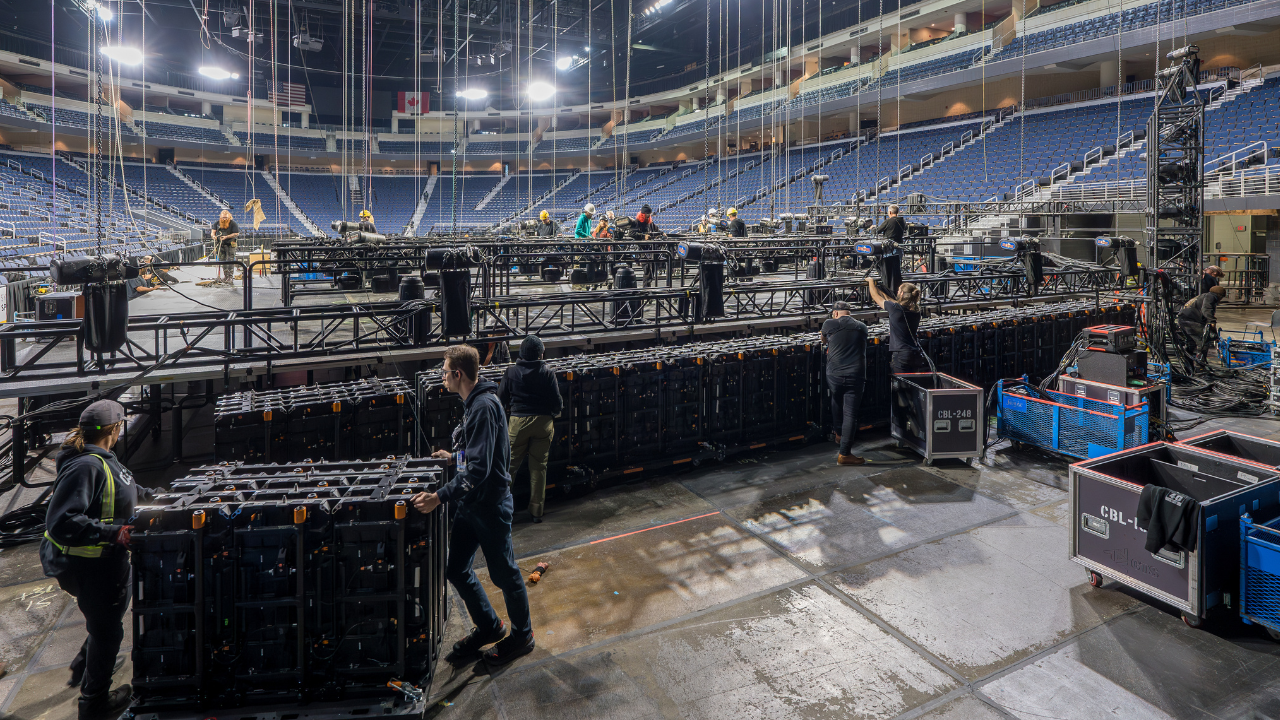Tips From A Production Operations Director: How to Plan and Execute Events Effectively
Published on: Monday, August 12, 2024 - 4:18pm

Disorganized events are chaotic, stressful, and leave clients wanting more. Live production companies may have the best technicians available on their team, but without proper planning before the event and consistent communication throughout, all of that talent is wasted.
It is crucial that live event production companies have processes in place not only to provide clarity for clients but also to avoid surprises. Here are some tips from CTS’ very own Director of Production Operations, Tim O’Neill, on how to confidently put on a successful live event from start to finish.
Process is Everything
Carefully outline processes for tasks – from the complex to the mundane – to elevate your overall production capabilities. You can’t plan for everything, but you can have a plan for nearly any potential incident. There are two main benefits to having clear processes that can be shared with both your team and your client:
1. Your client will be confident in your abilities. If they know that you are prepared for unforeseen circumstances and are determined to achieve the event objective regardless of any issues, the client will feel at ease working with your team.
2. Establishing processes encourages discipline among your team members – both full-time staff and freelancers – which reduces the likelihood of incidents occurring.
Plan to Succeed
Carefully crafting a plan that details every key step from load-in through load-out is the most important thing you can do to ensure a successful event. With many decisions made long beforehand, it simply becomes a matter of executing the plan. When adjustments are needed, each party understands that it is due to forces outside of everyone’s control and makes it much easier to collaborate to find workable solutions. This confidence is borne only through having a rock-solid plan in place.
Similarly, each team member should have a clear mission when they arrive on site. Diligent preparation should equate to clarity on priorities and assignments the moment load-in begins. CTS Director Tim O’Neill often says, “look for work.” No matter if it’s the front-of-house engineer or the grip, there should never be moments of idleness or misunderstanding on what responsibilities are throughout the event day. The team most equipped to execute an event successfully is the team that has role clarity and is laser-focused on accomplishing the client’s objectives.
Feedback On-Site
Questions and opportunities for feedback present themselves over the course of an event, though they can be easy to dismiss in the moment. Commit to receiving feedback – from both your client and your team – in real-time. One example of an effective feedback loop that our Tim O’Neill advocates for is the application of QR codes to equipment. By doing this, your team can scan defective or broken equipment, immediately flagging them in your inventory system.
It’s also important to stay connected with the client throughout the day; communicating consistently will strengthen the client’s trust in your team, and you’ll be more closely aligned on the tasks necessary to achieve the client’s goals. Even if last-minute problems arise, the client will appreciate the transparency and your team’s honest efforts to resolve the issues.
Facilitate Sharing Information
Your team needs access to all pertinent information at all times on-site. While the technicians are likely experienced, there may be caveats and nuances that they need to be aware of as they prepare and execute the event. They cannot rely on one person to be the “source of truth.” Be sure to generate shareable documents that fully inform your team of their responsibilities and the expectations of each event.
Every team member – whether an in-house tech from your company or a new freelancer – needs equal access to all event information. Not only does this empower each person to take ownership of their particular role, but it also prevents any team member from blame-throwing or feeling left in the dark. Laying all the event details out in the open for each team member ensures everyone is on the same page and creates a more unified team on the front end. As CTS Director of Production Operations Tim O’Neill likes to say, “everyone knows everything they need to know” – i.e., the norm at which you operate should be that every person is as informed as they possibly can be.
A Disciplined Process You Can Count On
CTS offers a disciplined approach to execute your event at a level that far exceeds your expectations. With clear communication, outlined processes, and relentless preparation, we will navigate any challenges that arise to achieve the goals of your production.
Reach out today to connect with our production team.



